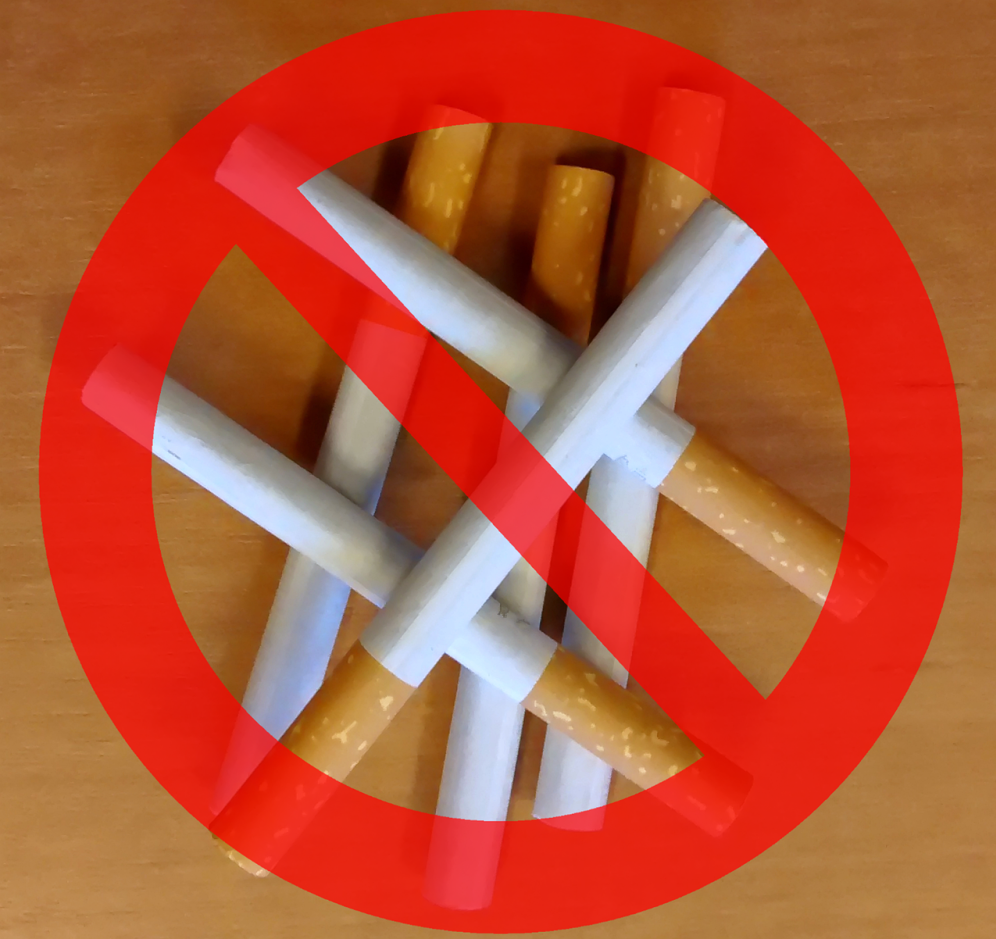Here is a look at five main lifestyle changes you should make in your forties. As we approach 40 years old, we may notice physical and mental changes in ourselves, such as lower energy, weight gain, and poorer memory; this is normal and part of the aging process.
Changes You Should Make In Your Forties
The National Institute On Aging explains “Aging is associated with changes in dynamic biological, physiological, environmental, psychological, behavioral, and social processes.”
However, please don’t despair as it’s never too late to make healthy lifestyle changes to keep you fit.
A study of Multi-Ethnic Atherosclerosis (MESA) led by Johns Hopkins Medicine monitored over 6.000 people, ages 44 – 84, for more than seven years.
Those who made positive changes, such as eating a Mediterranean-style diet, exercising regularly, and quitting smoking, decreased their death risk in the study period by 80%.
Biological Changes as We Age
As we start to age, some of the changes we may notice include:
- Weight gain
- Muscle tone reduction
- Energy drain
- Skin thinning, sagging, and wrinkling
- Hot flashes (women)
- Vision problems
- Aches and pains
- Urination frequency increase
- Digestion problems, such as reduced tolerance for spicy food
- Cognitive issues, like forgetting things
- Sleep difficulties
5 Changes To Make:
It will help if you make the following lifestyle changes in your 40s to help you stay healthy and active. Regardless of your age, these changes have significant benefits at any stage of life.
Nutrition and Exercise:
You can prevent weight gain by eating a nutritious diet and exercising daily. This lifestyle change also helps to rebuild muscle tone, boost energy, and reduce your risk of heart disease and other aging-related diseases.
Get Sufficient Sleep:
Consistent, quality sleep helps to support weight control, heart health, and physical and mental performance. It can also help to prevent the onset of certain diseases. Sleep is necessary for our body and brain functions. Strive to sleep for 7 – 8 hours nightly. Avoid eating before bedtime and eliminate caffeine in the afternoon. Avoid electronics before bedtime as they stimulate the brain and can prevent you from falling asleep.
Stop Smoking:
Johns Hopkins Medicine explains that “Not smoking is by far the most critical single action you can take to prevent heart disease, heart attack and stroke.” When you decide to quit smoking, replace cravings with healthy habits like exercise or deep breathing for relaxation. You may want to ask your doctor about aids to help you quit, such as the nicotine patch.

Limit Sun Exposure:
We all need some sunshine to ensure a proper level of vitamin D, which is necessary for bone health and immune function, as well as decreasing depression symptoms. However, the sun’s ultraviolet (UV) rays can harm your skin, cause cancer, and damage your eyes. To protect yourself, use an SPF (Sun Protection Factor) sunscreen of 30 or higher and apply it to all exposed skin. Use an SPF-15 or higher lip balm. Wear a long-sleeved shirt, a wide-brimmed hat, and sunglasses. Avoid tanning beds.
Exercise Your Brain:
As we age, it’s essential to keep our brains active to maintain or improve our cognitive abilities, such as memory and attention span. Give your brain a workout by learning new things, reading, doing a jigsaw puzzle, or solving crossword puzzles.
Although they seem simple, these changes you should make in your forties can serve you well into your fifties and beyond.
As we age, we will inevitably notice changes in our physical and mental well-being. Living a healthy lifestyle can boost our well-being and prevent disease – it’s never too late to start. Transitioning into our 40s can be an exciting and positive new phase of life.
Life really does begin at forty. Up until then, you are just doing research.
– Carl G. Jung
References


